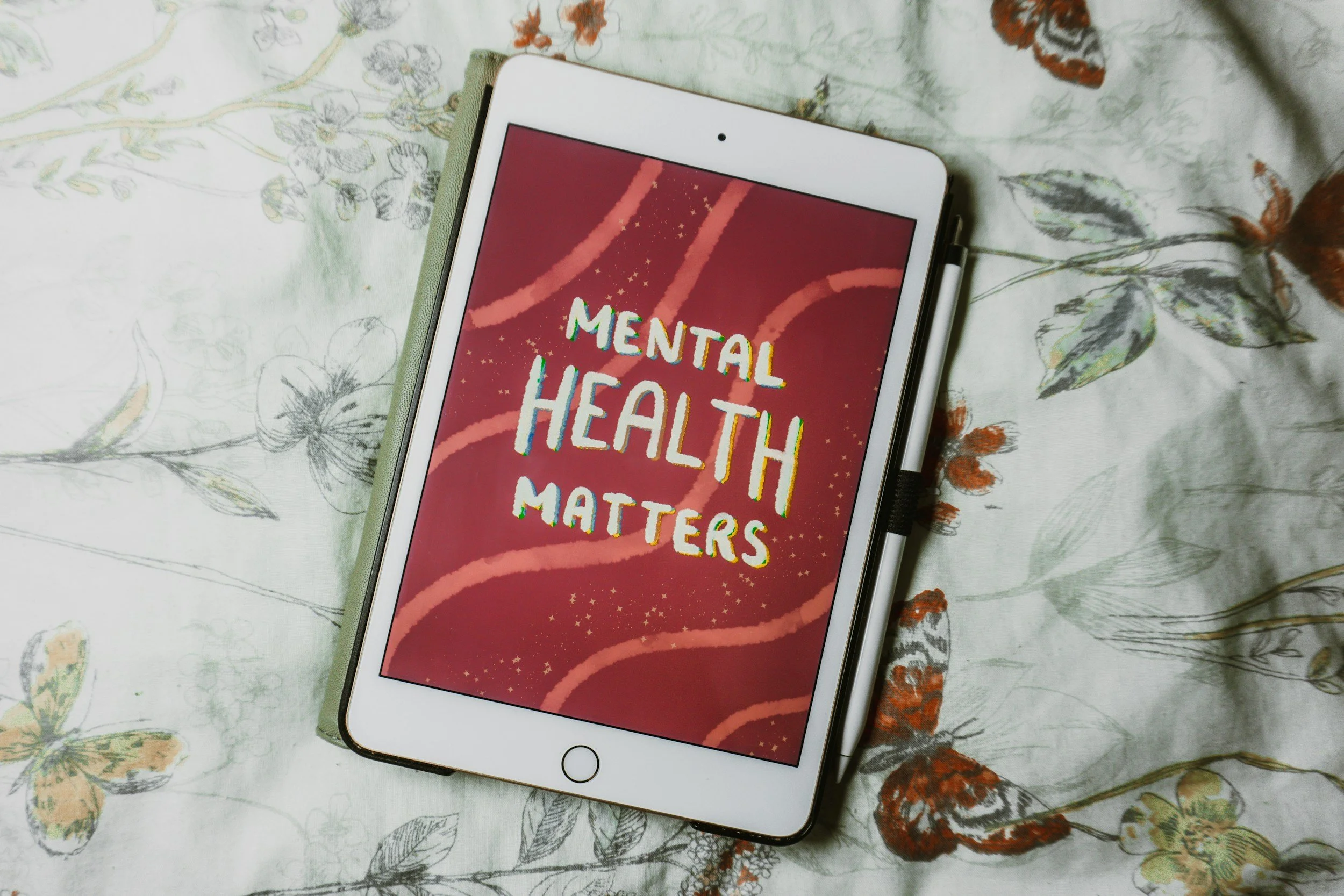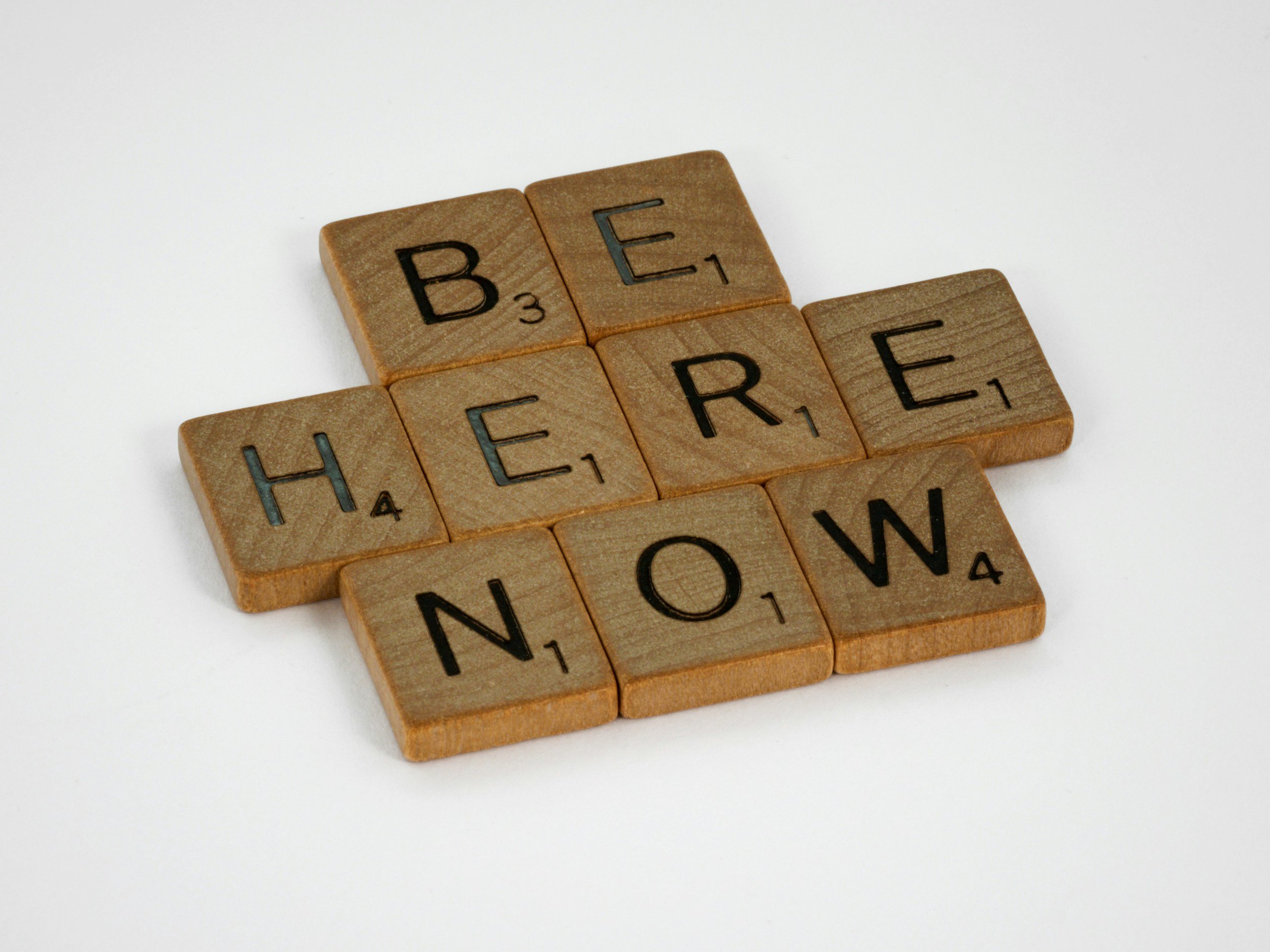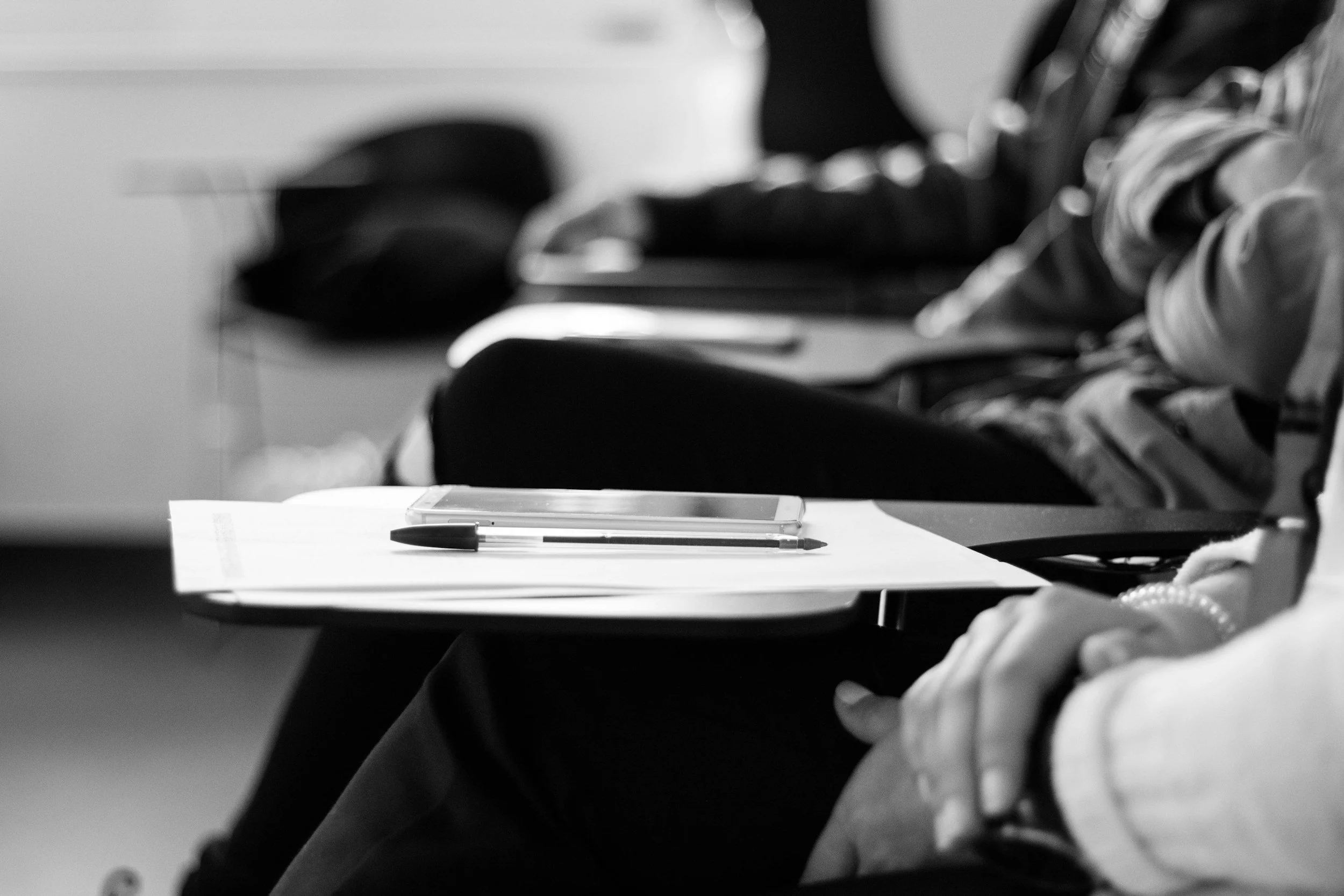How Social Media Fuels Anxiety And What to Do About It
Think it’s just you feeling anxious after scrolling? It’s not. In this video, I unpack how platforms built to “connect” us often leave our nervous systems overwhelmed, dysregulated, and stuck in comparison spirals.
You’ll learn why social media triggers anxiety, and more importantly, what you can do about it without quitting cold turkey. From dopamine loops to doomscrolling, we’ll cover practical, nervous system-friendly ways to take back control of your digital life.
-
Hey, I'm Taylor, and if you've ever picked up your phone for just a minute and suddenly it's 45 minutes later, your heart's racing and your mood is in the gutter. You are not imagining it. That social media anxiety, and it's very real. Today we're going to talk about how platforms are supposed to connect us.
Often end up making us more anxious and what you can actually do about it without having to quit cold Turkey. Let's jump in first. Why does social media even trigger your anxiety? I. It's a dopamine trap. Social media apps are built to hijack your brain's reward system. Every like, comment or swipe gives your brain a tiny hit of dopamine.
That's what makes it feel good at first, but also what makes it so addictive? The problem, the more you engage, the more you crave. Even when you're not enjoying it anymore. You scroll, you feel stressed, you scroll through, soothe the stress, repeat. That's not connection. It's a loop.
Next is doom scrolling the anxiety spiral. Ever find yourself deep in a thread about world collapse, climate panic, or the latest scandal, feeling like you can't look away. That's doom scrolling and keeps your nervous system locked in, fight or flight. You're flooded with fear and helplessness and that can seriously disrupt sleep, focus, and even your digestion.
Try setting a 20 minute news limit, or better yet, switch to balanced weekly summaries instead of a crisis driven headline,
try setting a 20 minute news limit, or better yet, switch to balanced weekly summaries instead of crisis driven headline. Next is comparison culture, the highlight real effect. Let's be honest. No one is posting their actual life, just the filtered parts. When you're constantly seeing other people's vacations, promotions, relationships, and perfect skin, it can start to feel like everyone else is winning and you're just exist.
This fuels imposter syndrome, perfectionism, and that constant feeling of not good enough. This is your reminder that social media is not real life. It's marketing even when it's personal. Next is overstimulation and burnout. Your nervous system was never meant to take in hundreds of updates, notifications, and emotional content in 32nd bursts.
Too much scrolling can lead to restlessness, trouble focusing, trouble sleeping, and that buzzy, overwhelmed feeling in your body. Try setting screen curfews or switching off non-essential notifications. Your brain will thank you. And finally, the fear of missing out and social anxiety. FOMO is real, especially when you see people posting group hangouts.
Big milestones or events that you weren't a part of, it can make you feel isolated, left out, or like you have to stay online 24 7 just to keep up. Instead try shifting to jomo or the joy of missing out. Real life happens off screen. So here are some ways to begin setting boundaries with social media.
First, check in with your mood before and after scrolling. Ask yourself, do I feel more anxious, drained, or insecure? Now, am I using this to escape something else? What would be better than scrolling? Right now, awareness is the first step toward changing the habit. Next is limit screen time without going cold Turkey.
Use app timers. Try phone free meals or bedtimes and experiment with a 24 hour break. You don't have to quit. Just change how and when you engage. Third is to curate your feed. Unfollow accounts that make you feel anxious, inadequate or tense, even if they're popular. Follow people, pages and creators who actually uplift you and educate you or make you feel calm.
Your mental health is more important than staying in the loop. Fourth is to replace scrolling with mindful activities. You're not going to break the habit by doing nothing. You need something else to reach for. Try journaling or reading breath work or the safe and sound protocol. A short walk or music break.
Calling a real life friend. You're allowed to unplug and reconnect differently. And finally take breaks without guilt, you don't owe the internet to your constant presence. Instead, try screen-free weekends off grid evenings or quiet morning routines. You don't need to disappear forever, but stepping away for clarity, that's a big deal.
Social media should work for you, not against you. You don't have to delete your accounts or live in a cabin off grid, but if your social media is making your anxiety worse, you do get to reevaluate your relationship with it. Set boundaries. Choose what you consume and give your nervous systems space to feel.
Again, if this feels hard to untangle, that's okay. That's the kind of stuff we can work on in therapy because peace isn't passive. It's something we build. You deserve digital habits that support your brain, your body, and your life.



